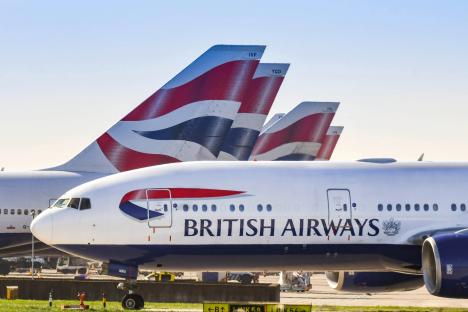When watching case counts quickly expand in B.C., it seems surreal to think that after the start of the COVID-19 pandemic in 2020, the Interior Health Authority (IHA) was reporting just a few cases a day.
On April 16, 2020, there were three cases of the virus reported in a region that includes a population of about 750,000, according to the B.C. Centre for Disease Control (BC CDC).
But on April 16, 2021, 110 people tested positive in the IHA, according to the BC CDC — one of the highest case counts in a single day.
By Saturday morning, the region will reach a somber milestone: 10,000 cases of COVID-19 since the start of the pandemic.
Read more: Indoor gatherings, backyard BBQs driving COVID-19 transmission in B.C. Interior
The provincial daily total of virus cases on Friday was reported at 1,005.
The B.C. government is now so concerned about the constant spread of COVID-19 despite public health orders, it is now warning about gatherings outdoors.
“Even if we are outside, we need to stay small and continue to use our layers of protection. This means keeping a safe distance and wearing masks, especially if someone is higher risk for serious illness,” the joint statement from B.C.'s top doctor, Dr. Bonnie Henry, and Health Minister Adrian Dix said.
B.C. health officials report restaurants, industrial workplaces and gyms among biggest COVID-19 cluster sites
02:40 B.C. health officials report restaurants, industrial workplaces and gyms among biggest COVID-19 cluster sites 02:19 B.C. reports 1,205 new cases of COVID-19, three additional deaths 02:08 Are B.C.'s new COVID-19 travel and gathering recommendations strong enough?There are 10,081 active cases of COVID-19 in the province, with 15,877 people under public health monitoring in self-isolation, they said.
On top of large case counts, hospitalized virus patients continue to set records.
There are 425 people sick with COVID-19 in B.C. hospitals and 127 of them are in intensive care, according to the province.
Read more: Canada adds millions more Pfizer doses over spring, but Moderna cuts back
In the IHA, as of April 15 data, there were more than 900 active cases in the region and 28 people in hospital, eight of whom are in intensive care, according to date from the BC CDC.
The government said six more people have died from the virus overnight.
Variants, which are said to be more contagious, also continue to be a concern.
“There are currently 5,739 cases of COVID-19 that are confirmed variants of concern in our province,” the Friday joint statement said.
“Of the total cases, 212 are active and the remaining people have recovered. This includes 3,858 cases of the B.1.1.7 (U.K.) variant, 71 cases of the B.1.351 (South Africa) variant and 1,810 cases of the P.1 (Brazil) variant.”
Instead of looking for ways to get around current restrictions on indoor visits and travel, the government is asking British Columbian's to think about protecting each other.
Read more: B.C. reports 1,005 new COVID-19 cases as hospitalization records toppled again
“If you choose to see a close friend for brunch on a patio, then make sure it is the same friend every time. If you decide to have a barbecue in your backyard, then keep to your roommates or family only. Or, if you visit your neighbourhood park with another family, then make it with only one other family and do activities that allow everyone to keep a safe distance from each other.”
The government said it has so far given 1,282,091 doses of Pfizer-BioNTech, Moderna and AstraZeneca-SII COVID-19 vaccines, 87,970 of which are second doses.
And in the IHA, 178,221 first doses of vaccine have been administered.
View link »



